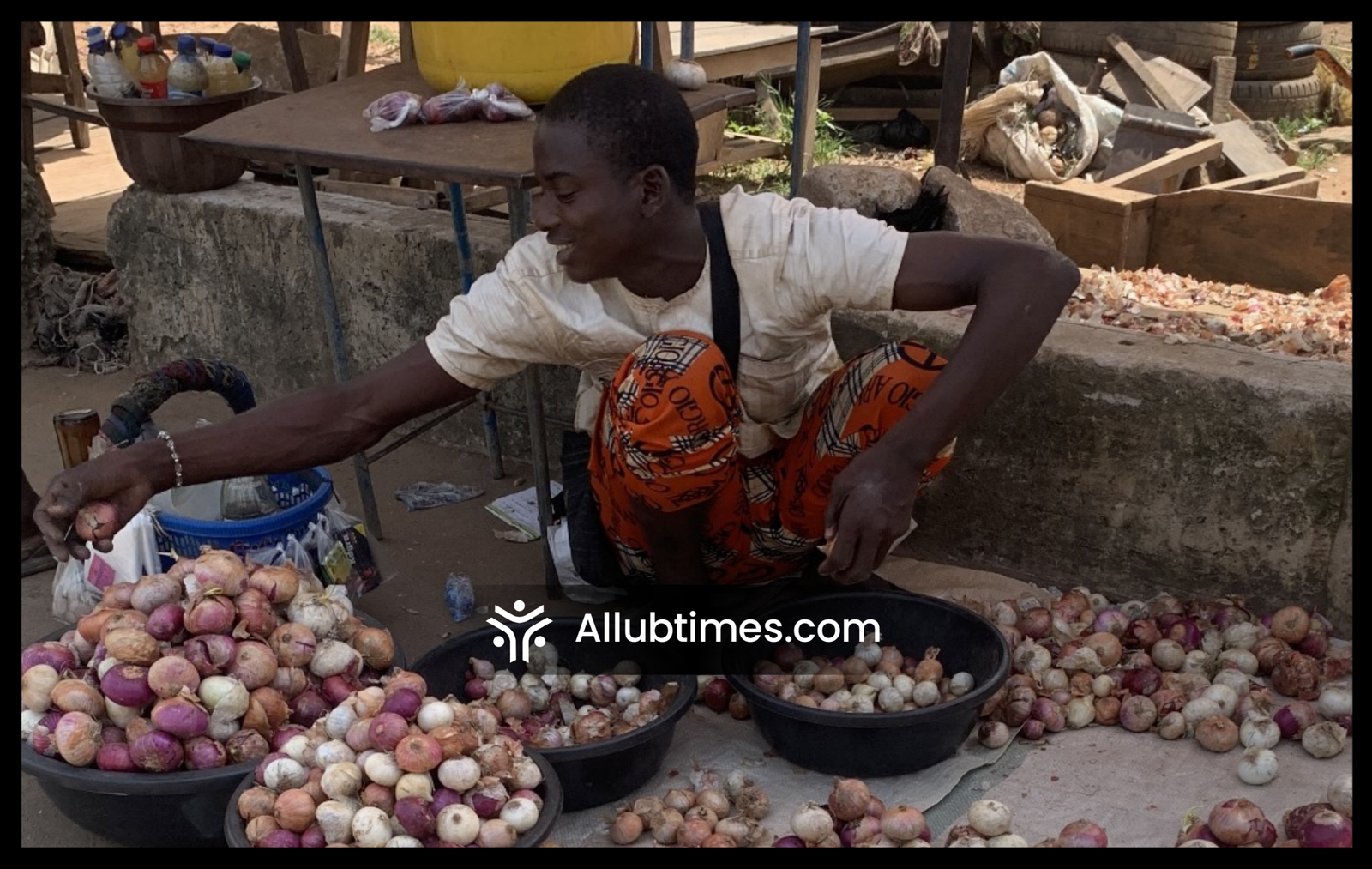President Bola Tinubu has proclaimed a state of emergency on food security and announced a series of immediate initiatives aimed at assuring food availability and affordability in Nigeria.
Dele Alake, special assistant to the president on Special Duties, Communications, and Strategy, detailed the presidential intervention on food security, food price, and sustainability at a press conference yesterday.
He stated that the president is aware of the impact of rising food costs on ordinary Nigerians and has prioritized assisting the most vulnerable members of society in dealing with the crisis.
According to him, the president’s immediate response will involve declaring a state of emergency on food security and putting food and water availability and affordability within the purview of the National Security Council.
He stated that a variety of actions will be conducted in the next weeks to address both short-term and long-term interventions to battle the problem.
He said, “As a hands-on leader who follows developments across the country everyday, Mr. President is not unmindful of the rising cost of food and how it affects the citizens.
“While availability is not a problem, affordability has been a major issue to many Nigerians in all parts of the country. This has led to a significant drop in demand, thereby undermining the viability of the entire agriculture and food value chain.”
In this spirit, he said, President Tinubu declared a state of emergency on food security; issues of food and water availability and affordability were added to the National Security Council’s purview; and a number of initiatives will be implemented in the coming weeks to reverse the inflationary trend and ensure future uninterrupted supplies of affordable foods to ordinary Nigerians.
Alake went on to say that, like with other situations, there are short-term, medium-term, and long-term interventions and remedies.
In the short term, Alake stated that the government intends to reinvest cash saved from the elimination of fuel subsidies in the agricultural sector, with an emphasis on enhancing production.
He indicated that immediate intervention strategies include the distribution of fertilizers and cereals to farmers and households in order to minimize the effects of the subsidy reduction.
Alake further stated that the Ministries of Agriculture and Water Resources will collaborate to ensure appropriate irrigation of farmlands, promoting year-round food production, and eliminating seasonal farming.
He stated that a National Commodity Board consisting of diverse agricultural stakeholders will be constituted to stabilize food prices.
This board, he says, will regularly monitor food prices and manage a strategic food reserve, operating as a price stabilizing mechanism for vital grains and other food commodities.
The presidential spokesman also noted that maintaining the safety of farmers and farmlands is a priority, and stated that the government will work with the security architecture to protect farmers from threats, allowing them to continue working without fear.
He went on to say that the Central Bank will continue to play an important role in funding the agricultural value chain, and that land banks would be activated to boost the availability of arable land for farming.
He stated that companies will be hired to clear more forests and convert them to farming purposes, and that river basins will be used to enable crop planting during the dry season through irrigation schemes to ensure continuous farming production throughout the year, thereby addressing the issue of seasonal scarcity.
According to him, transportation and storage issues will be addressed by investigating other modes of transportation, such as rail and water transport, in order to lower freight costs.
Existing warehouses and storage facilities will be renovated to improve efficiency and reduce food waste.
Alaka went on to say that President Tinubu’s administration’s actions aim not only to maintain food security but also to boost agricultural export capacity, increase revenue, and provide job opportunities.
“One of the major positive outcomes of these interventions will be a massive boost in employment and job creation,” he added.






